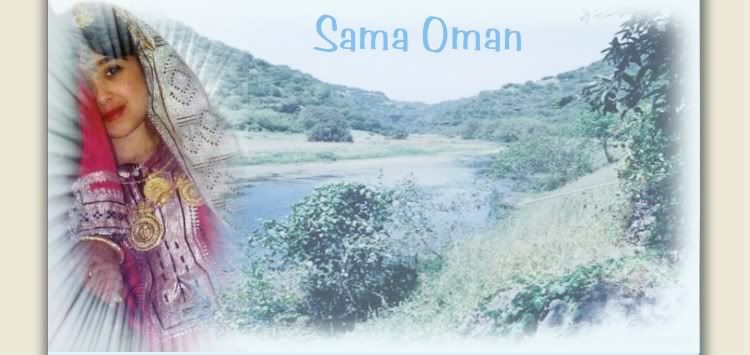MUSCAT Oman is ranked 18th this year in the World Economic Freedom rankings, up from the 24th spot in 2006, according to the Economic Freedom of the World: 2007 Annual Report, released on Tuesday by the International Research Foundation (IRF) of Oman. The report was prepared by the Fraser Institute of Canada in association with independent research organizations in 71 countries including the IRF. Economic freedom in the Sultanate is growing faster than the world average. Director of the Centre for Globalization Studies at the Fraser Institute Fred McMahon said that the report measures the extent to which individuals and families are free to make their own decisions. “You are in the best position to decide what to buy, what to make and what to sell, said McMahon. It was economic freedom that had transformed Ireland in the about 20 years. From 10 to 20 per cent unemployment it now had a shortage of labour, it had become richer than Canada in terms of per capita income. “Very poor regions like Hong Kong and Singapore had become prosperous by establishing economically free economies,” said McMahon. Hong Kong tops international rankings for economic freedom, with Singapore a close second and New Zealand in the third spot. Hong Kong gets 8.9 out of 10, Singapore gets 8.8, US gets 8.1, Germany and Oman is ranked 18th with 7.6. The Sultanate is just behind the UAE for regional lead. The report uses 42 measures to create the index. They include the legal system, size of government taxation, trade regulation and tariff. Oman’s scores (higher value indicates greater freedom) in key components are: Size of government changed to 5.7 from 5.9 in last year’s report; legal structures and security of property rights changed to 7.7 from 7.5; access to sound money changed to 9.4 from 8.6; freedom to trade internationally changed to 7.3 from 7.8; regulation of credit, labour and business changed to 8.0 from 6.6. McMahon said if Oman had to go further, it should reduce the size of government. Government consumption was very high at 35.5 per cent and it crowds out the private sector and reduces economic freedom. In the legal system the achievements were great, but there were complaints that the enforcement of contracts was slow, complicated and difficult, said McMahon. Omani Centre for Investment Promotion and Export Development CEO Dr Salem Al Ismaily said such reports help attract investment as prospective investors study the country before deciding to invest. He said presently $15 billion in investment was on the ground and the volume was very high pushing up the cost of cement. The Economic Freedom of the World report, 2007, also includes research which shows that by liberalizing trade with foreign nations, economically free countries can exert a positive even if modest impact on economic freedom in less free nations. 
|

